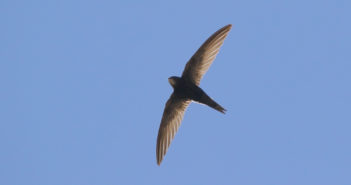
First World Swift Day a Global Success
The first World Swift Day was celebrated in 39 countries with a wide variety of activities in order to spread knowledge about these fascinating birds and encourage their protection.

The first World Swift Day was celebrated in 39 countries with a wide variety of activities in order to spread knowledge about these fascinating birds and encourage their protection.
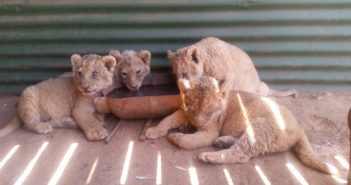
China’s recent ban on wildlife consumption will hopefully stop the flow of lion bones from South Africa, which may be contaminated with tuberculosis and tranquilizers.
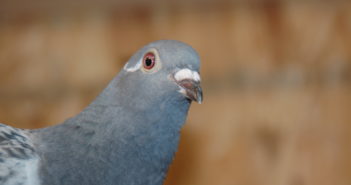
80% of the pigeons, who are unable to fend for themselves in the wild, disappeared during the entire season.
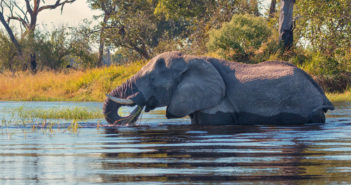
Botswana’s government has again demonstrated to the world that it either does not understand or does not care that elephants play a critical role in maintaining healthy ecological systems.
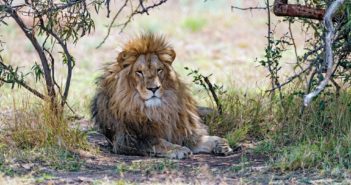
The evidence suggests that ethical, economic and ecological problems with trophy hunting warrant a trophy import ban.
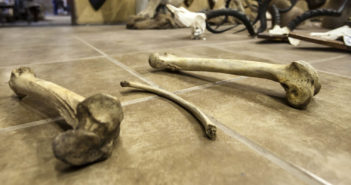
South Africa is facilitating illegal trade in lion bones, enabling the activities of notorious international crime syndicates, and threatening the survival of tigers and lions in the wild.
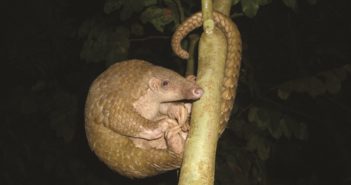
Three species of pangolins have moved into a higher category of threat due to the growing impacts of habitat loss, poaching and illegal trade.
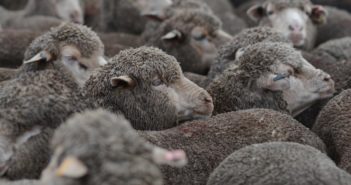
Following a tragic ship accident with over 14,000 live sheep on board, the Romanian government is taking the first appropriate actions.
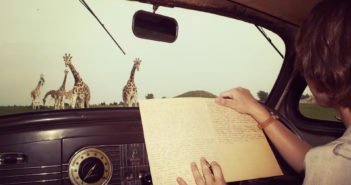
In an interview with Dr. Anne Dagg, considered the “Jane Goodall of giraffes,” we discuss her field research, giraffe behavior, and how things are different for giraffes over 60 years after she first saw them in the wild.
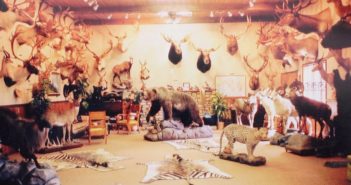
For a Western hunter to pay to kill an African animal and expatriate their parts is a form of objectification, dehumanizing and therefore morally reprehensible. It may entrench a Western narrative of supremacy underpinned by chauvinistic, colonialist and crudely utilitarian anthropocentric attitudes.

As organized criminal syndicates become more involved in poaching, the jobs of many African wildlife rangers have become increasingly dangerous and militarized.
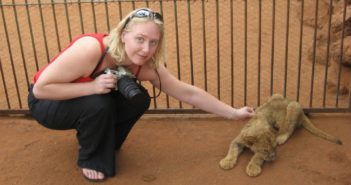
Interactions with all infant wildlife, walking with predators or elephants, interacting with predators and the riding of wild animals are no longer acceptable practices, according to the South African Tourism Services Association.